BE THE AG
Agriculture in the Classroom Canada (AITC-C) wants your help to raise ag awareness among young Canadians through its “I Am Ag” social media campaign.

Agriculture in the Classroom Canada (AITC-C) wants your help to raise ag awareness among young Canadians through its “I Am Ag” social media campaign.
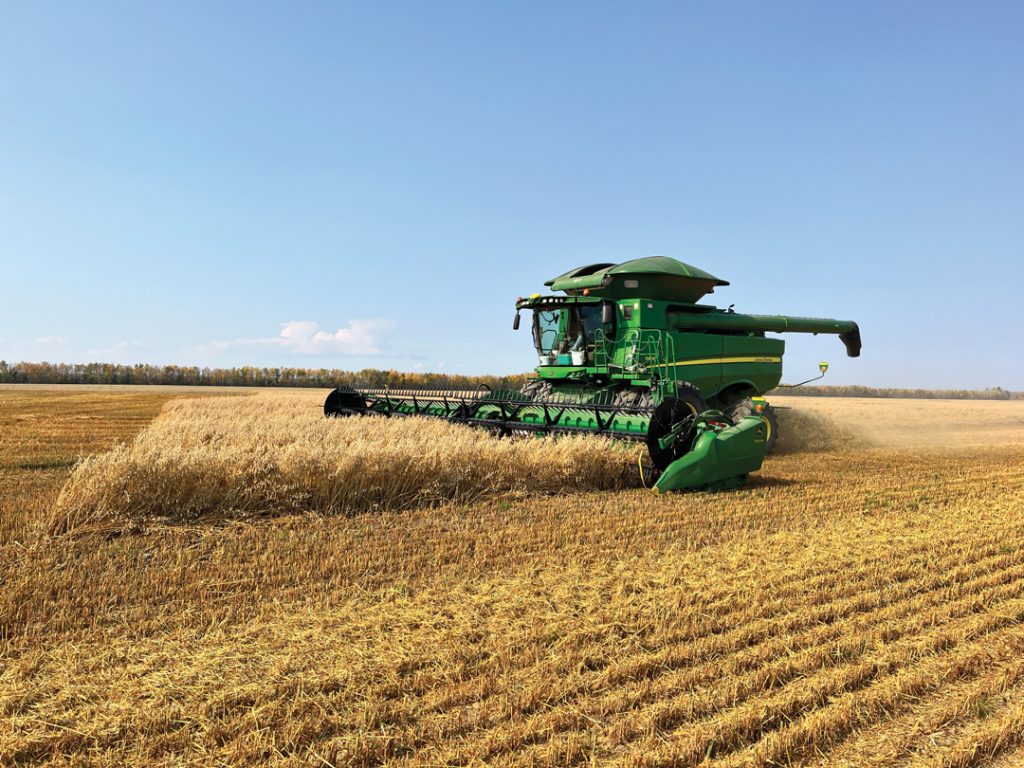
As consumer demand for organic cereals grows, so does the draw for farmers to serve this specialized market with its premium prices. GrainsWest spoke with organic farmers who said this premium is typically 1.5 to two times greater than conventional pricing. The rising cost of conventional inputs and farmland make it an attractive option for those who want to grow a highly profitable crop while they carry less overhead. But it’s not a one-size-fits-all approach. This non-conventional sector requires strategic farm management on an individual level and, more broadly, the support of continued research and innovation to drive it forward.
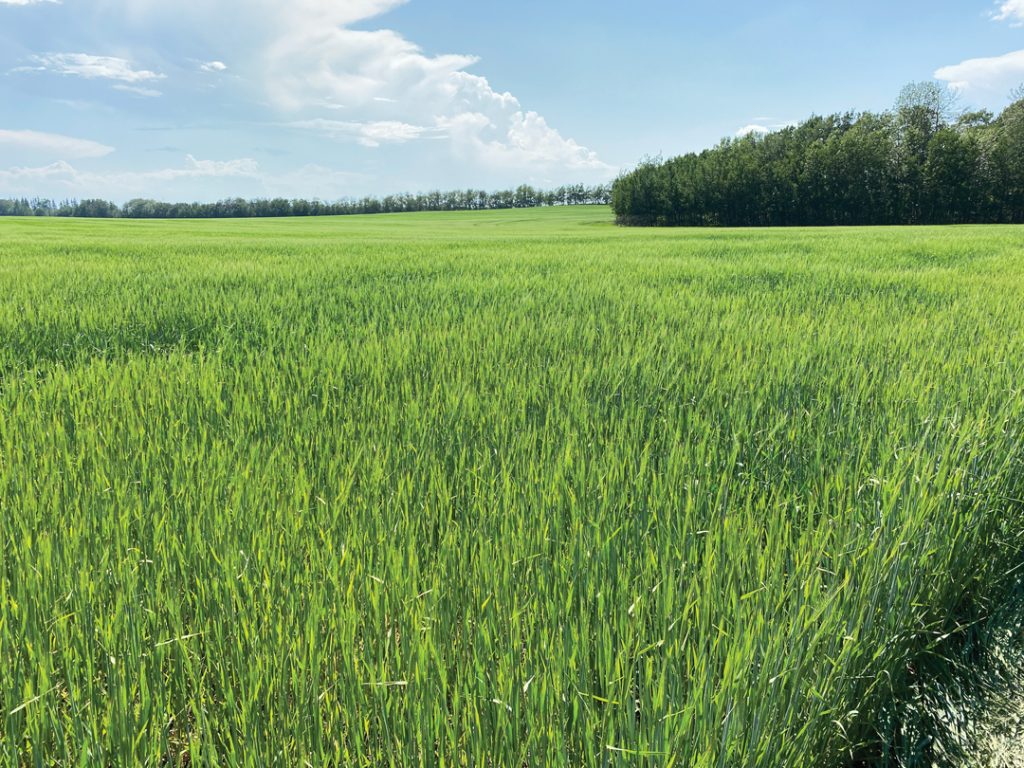
On a sunny day late last June, a group of agricultural journalists from around the world gathered next to the lush barley field plots maintained by the Field Crop Development Centre (FCDC) in Lacombe. As they scrawled notes about Alberta malting barley production, the group listened to FCDC researchers discuss the varieties the facility has developed over the years, including Lowe. The group sampled Lowe Down, a one-off blonde ale by Olds College Brewery. Its ingredients included Lowe malt produced by Red Shed Malting near Innisfail.
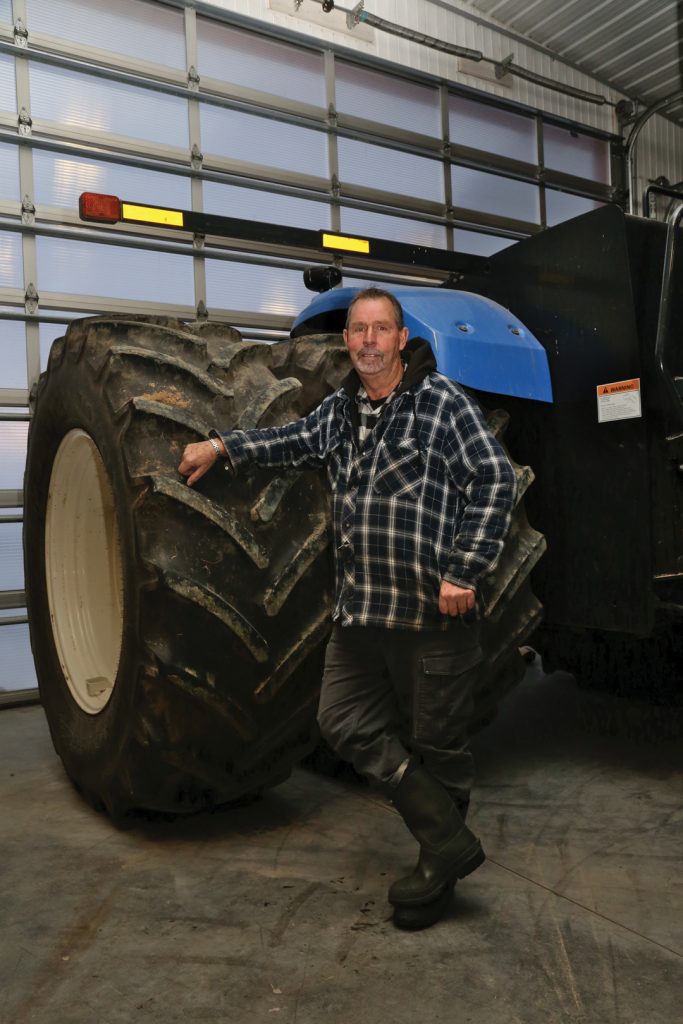
In 2024, another slew of Canadian farmers will transition out of farming while the next generation takes over either in part or whole. It’s a fact of farm life: eventually the farm changes hands. For countless reasons, farm transitions take many meandering paths. Depending on business and family dynamics, the trip can be smooth going or a rough ride.
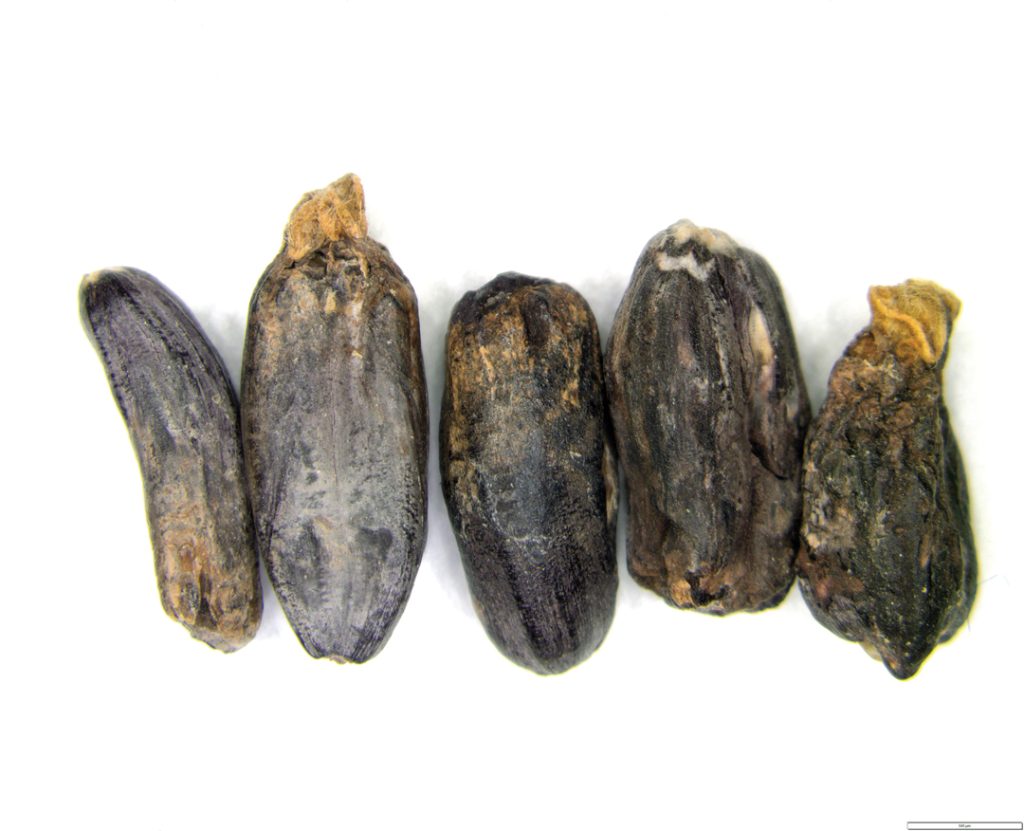
It may be thought of as a disease of the past, but ergot still causes headaches for farmers across the Prairies. While its prevalence may be high, its threat level is typically low and often a non-issue. However, the fungus that’s been a fact of life since at least the Middles Ages, remains a concern. Downgrades at the elevator and contaminated screenings cause issues for grain farmers and feedlot owners alike.

At dusk on Sept. 30, with about 100 acres of soybeans left to complete the 2023 harvest, our combine went up in flames.

Ten years ago, Canada’s Plant Breeders’ Rights (PBR) Act was updated to align with UPOV ’91, the globally acknowledged framework that protects the innovation of plant breeders and helps them profit from new variety development. The legislation is intended to protect breeders’ rights, increase investment in plant breeding and boost access to foreign genetics. Farm groups strongly resisted its adoption as they feared the cost burden for farmers.
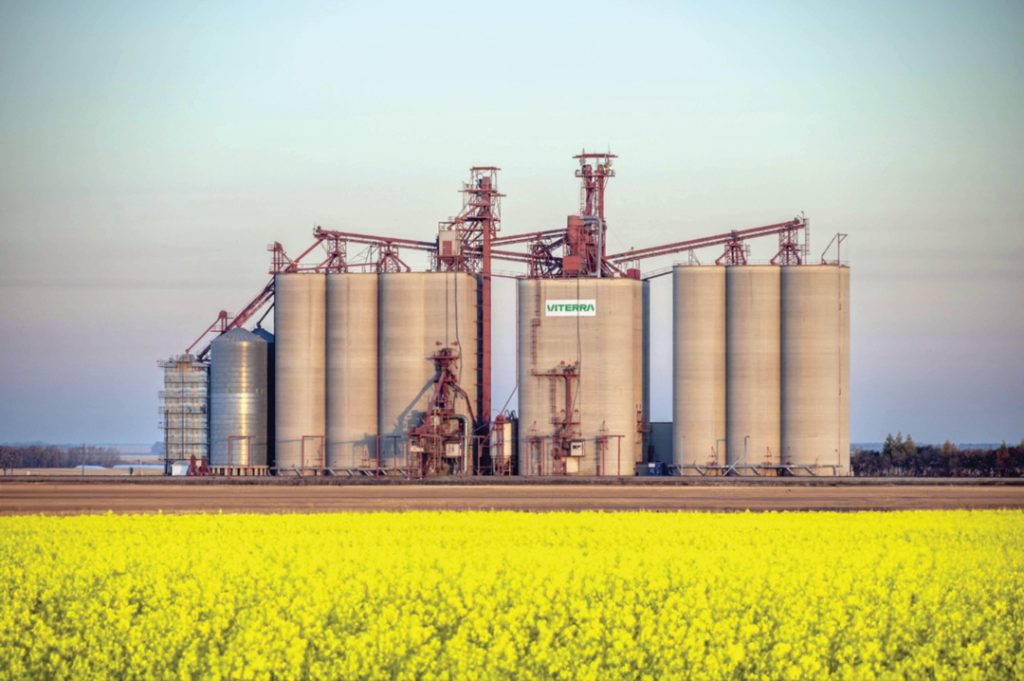
While there’s no Tinder for business, Bunge and Viterra hope they’ve found the perfect match. The two companies announced their intent to merge in June 2023. Viterra brings more than 80 Canadian grain-handling centres to the blossoming relationship, along with sales to more than 70 nations. For its part, Bunge is the world’s largest processor of oilseeds, with 300 operations in 40 countries. Of course, with a celebrity wedding comes major scrutiny.
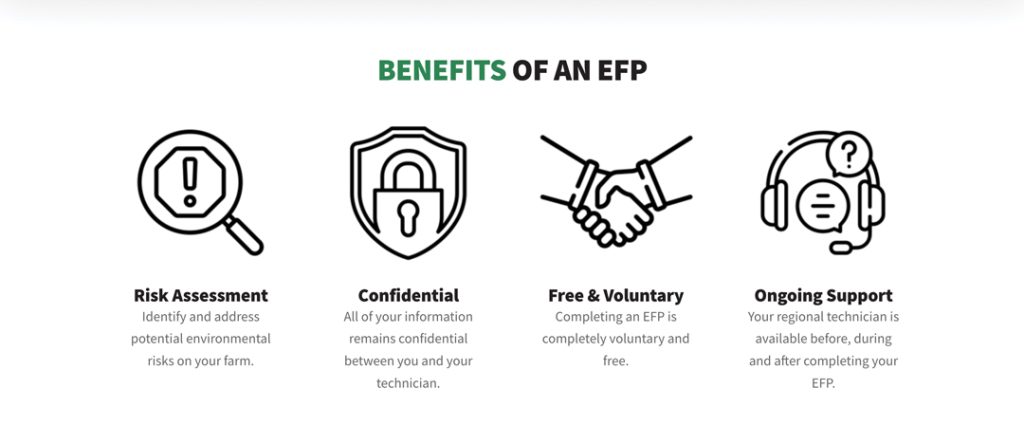
Starting in 2025, farmers with allowable net sales greater than $1 million must complete an agri-environmental risk assessment to receive funds from AgriInvest. A business risk management savings program of the Sustainable Canadian Agriculture Partnership (SCAP), government will match farmer contributions up to one per cent of their net sales. Though details are yet to be fully developed, according to Agriculture and Agri-Food Canada, an Environmental Farm Plan (EFP) can be used to meet the requirement.

Largely unfamiliar to North Americans, barley tea is a staple in much of Asia, where it is consumed by people of all ages. Sisters Janice Ishizaka and Cilla Watkins launched The Canadian Barley Tea Company to introduce Canadians to the beverage.